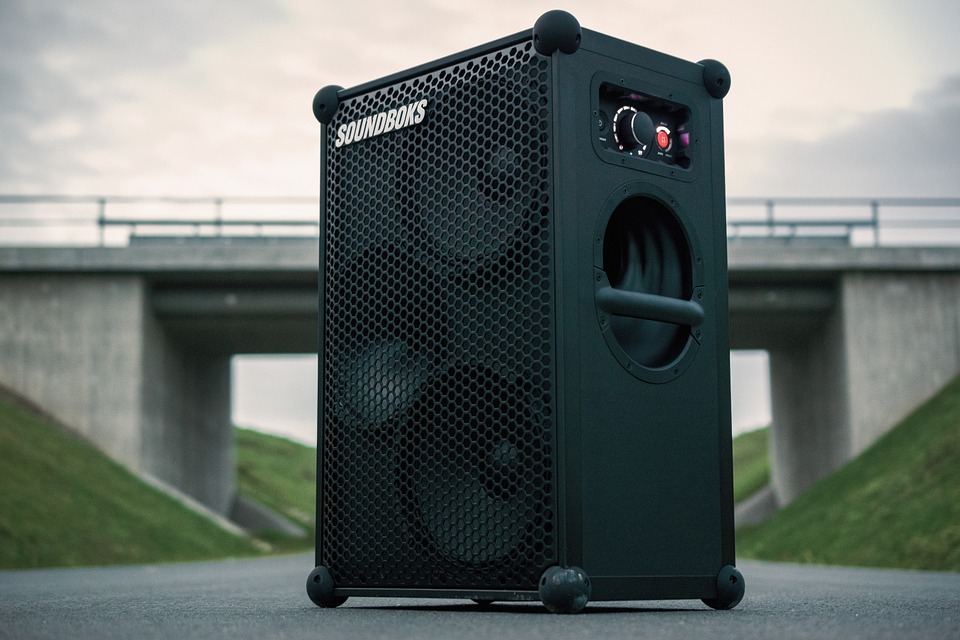The Excretory System Explained: Why Your Body Needs Water and Waste
Introduction
The excretory system is a vital part of human biology that plays a crucial role in maintaining homeostasis, balancing body fluids, and regulating various metabolic processes. It involves the removal of waste products, toxins, and excess substances from the body, primarily through urine formation. This article will explore the anatomy and physiology of the excretory system, the importance of water, and the necessity of waste elimination.
What is the Excretory System?
The excretory system, also known as the urinary system, is a complex network of organs that work together to rid the body of waste products while maintaining the balance of water and electrolytes. The primary organs involved in this system include:
- Kidneys: These bean-shaped organs filter blood, remove waste, and regulate fluids and electrolytes.
- Ureters: Tubes that transport urine from the kidneys to the bladder.
- Bladder: A muscular sac that stores urine until it is expelled from the body.
- Urethra: The tube through which urine is discharged from the bladder.
Anatomy of the Excretory System
Kidneys
The kidneys are the cornerstone of the excretory system, responsible for filtration and waste removal. Each kidney contains approximately one million nephrons, the functional units that filter blood. The nephron consists of:
- Glomerulus: A network of capillaries where blood filtration begins.
- Bowman’s Capsule: A sac-like structure that receives the filtrate from the glomerulus.
- Renal Tubule: A series of tubules where further processing of filtrate occurs, leading to urine formation.
Ureters
After urine is formed in the kidneys, it flows through the ureters—muscular tubes that use peristaltic contractions to propel urine downward to the bladder. The ureters are lined with transitional epithelium, allowing them to stretch as they fill with urine.
Bladder
The bladder is a hollow, muscular organ that can expand and contract. Its walls are comprised of smooth muscle fibers that facilitate the storage and expulsion of urine. The internal lining of the bladder is also made of transitional epithelium, enabling it to accommodate varying volumes of urine.
Urethra
The urethra is the final passageway for urine excretion. In males, it also serves as a conduit for semen, making it longer than in females. The external opening of the urethra is surrounded by sphincter muscles that control urination.
The Process of Excretion
Excretion primarily occurs through the kidneys and involves several stages:
1. Filtration
The first step in urine formation occurs in the glomerulus, where blood pressure forces water, electrolytes, and small molecules through the glomerular membrane. Larger molecules, such as proteins and blood cells, remain in the bloodstream.
2. Reabsorption
As the filtrate passes through the renal tubule, essential substances such as glucose, amino acids, and certain ions are reabsorbed back into the bloodstream. This process is crucial for conserving resources and maintaining electrolyte balance.
3. Secretion
In addition to filtration and reabsorption, the kidneys also secrete waste products and excess ions into the renal tubule. This process helps maintain pH balance and clear the body of unwanted substances.
4. Excretion
The final stage occurs when the remaining waste products, now known as urine, pass through the ureters to the bladder, where they are stored until urination occurs.
Why Your Body Needs Water
Water is essential for the proper functioning of the excretory system and the body as a whole. Here are several reasons why:
1. Fluid Balance
Water is crucial for maintaining fluid balance in the body. It helps regulate blood volume, blood pressure, and overall hydration levels. A well-hydrated body functions more efficiently, and proper kidney function relies on adequate fluid intake to filter blood.
2. Solvent for Waste Products
Many waste products produced by the body are soluble in water, making it easier for the kidneys to eliminate these toxins. Without sufficient water, waste products can build up in the bloodstream, potentially leading to health issues such as kidney stones or urinary tract infections.
3. Temperature Regulation
Water plays a key role in thermoregulation. Through processes like sweating and respiration, the body can maintain an optimal temperature. Dehydration can impair these processes and lead to overheating.
4. Nutrient Transportation
Water is vital for the transportation of nutrients and oxygen throughout the body. It assists in the digestion and absorption of food and helps excrete waste products through urine.
The Importance of Waste Elimination
Eliminating waste products is crucial for several reasons:
1. Toxin Removal
The body produces various waste products, including urea, creatinine, and ammonia, which can be toxic at high levels. The excretory system prevents the accumulation of these substances by filtering the blood and facilitating their excretion.
2. pH Regulation
The kidneys play a vital role in regulating the body’s acid-base balance. By excreting excess hydrogen ions and reabsorbing bicarbonate, the kidneys help maintain a stable pH, essential for all biochemical processes.
3. Electrolyte Balance
The excretory system maintains electrolyte balance by regulating sodium, potassium, calcium, and other ions. Proper levels of these electrolytes are crucial for nerve function, muscle contraction, and overall cellular function.
4. Blood Pressure Regulation
The kidneys help regulate blood volume and pressure by adjusting the amount of water excreted. When blood pressure is high, the kidneys excrete more water; when it is low, they retain water to increase blood volume.
Factors Affecting Excretory Function
Several factors can influence the efficiency of the excretory system:
1. Hydration Status
Adequate hydration is essential for optimal kidney function. Insufficient water intake can lead to concentrated urine and impede waste elimination.
2. Diet
A diet high in protein can increase the workload on the kidneys, leading to higher production of urea, while excessive salt intake may affect fluid balance and blood pressure.
3. Physical Activity
Exercise promotes sweating, which helps regulate body temperature and enhances kidney function. However, excessive exercise without proper hydration can lead to dehydration and kidney stress.
4. Age and Health Conditions
As people age, kidney function may decline, affecting waste elimination. Chronic diseases such as diabetes and hypertension can also lead to kidney damage, necessitating careful management.
Common Disorders of the Excretory System
Despite the robust design of the excretory system, several disorders can impair its function:
1. Urinary Tract Infections (UTIs)
UTIs are caused by bacteria entering the urinary tract, leading to symptoms such as frequent urination, burning sensation, and cloudy urine. If left untreated, UTIs can progress to kidney infections.
2. Kidney Stones
Kidney stones are hard deposits formed from minerals and salts that can develop in the kidneys. They can cause severe pain and may require medical treatment to remove.
3. Chronic Kidney Disease (CKD)
CKD is a progressive decline in kidney function, often caused by diabetes, hypertension, or glomerulonephritis. It can lead to kidney failure, requiring dialysis or transplantation.
4. Nephrotic Syndrome
This condition results from damage to the glomeruli, leading to excessive protein loss in urine. Symptoms include swelling, fatigue, and an increased risk of infections and blood clots.
Conclusion
The excretory system is a crucial component in maintaining the body’s homeostasis by facilitating the elimination of waste products while regulating fluid and electrolyte balance. Understanding the importance of water and waste removal informs our overall health and well-being. Proper hydration, a balanced diet, and awareness of any potential disorders can significantly enhance the efficiency of the excretory system, ensuring that it performs its vital functions effectively.
References
- P. J. J. P. (2021). Anatomy and physiology of the human body. Journal of Human Biology.
- H. K. & S. R. (2020). The role of hydration in kidney function: A review. Renal Physiology.
- M. S. K. et al. (2019). Dietary factors and kidney disease. Nutrition and Kidney Health.
- T. R. (2022). Urinary system disorders: A comprehensive review. Journal of Medical Sciences.
- A. L. P. (2023). The effect of exercise on renal function: A literature review. Sports Medicine.


























Add Comment